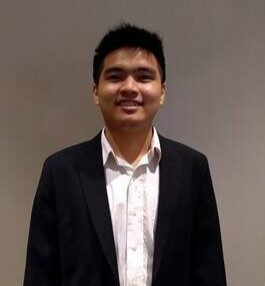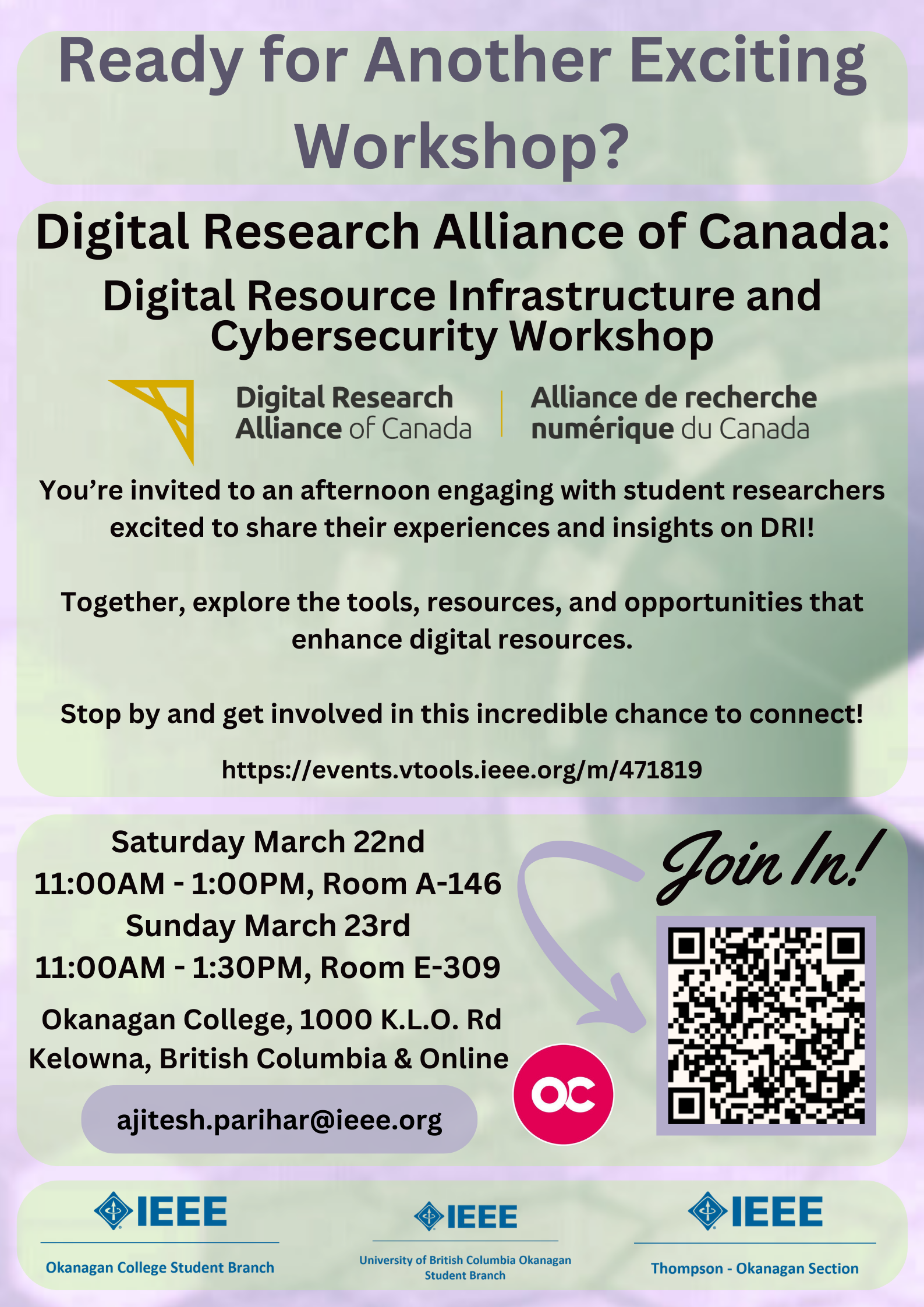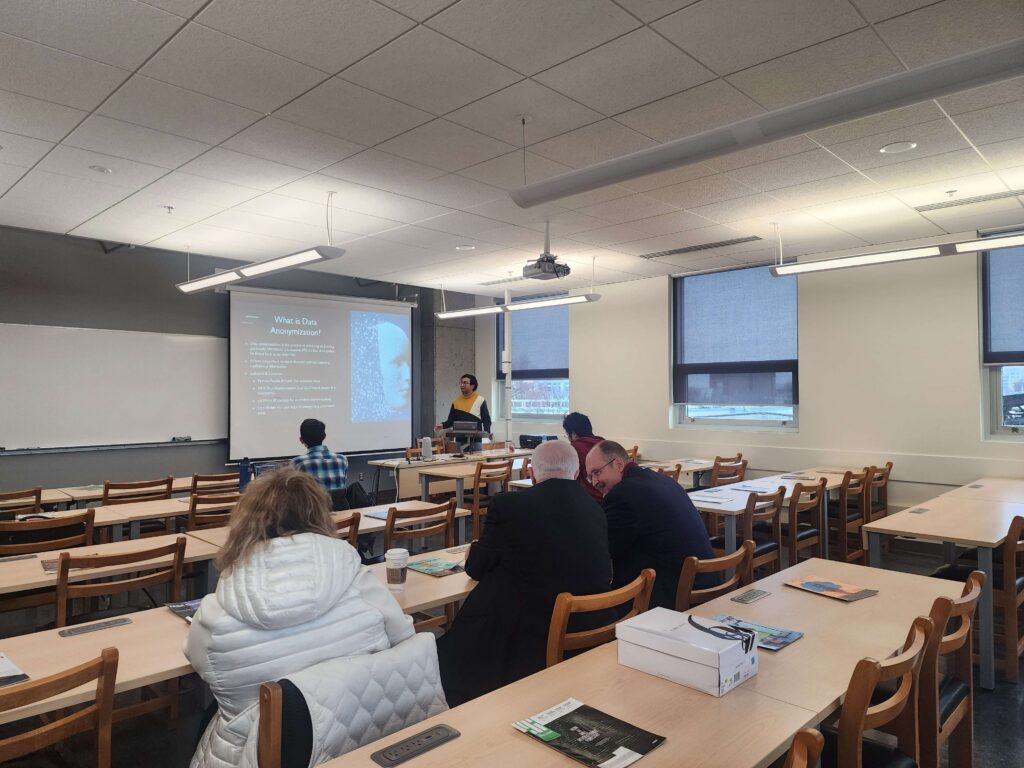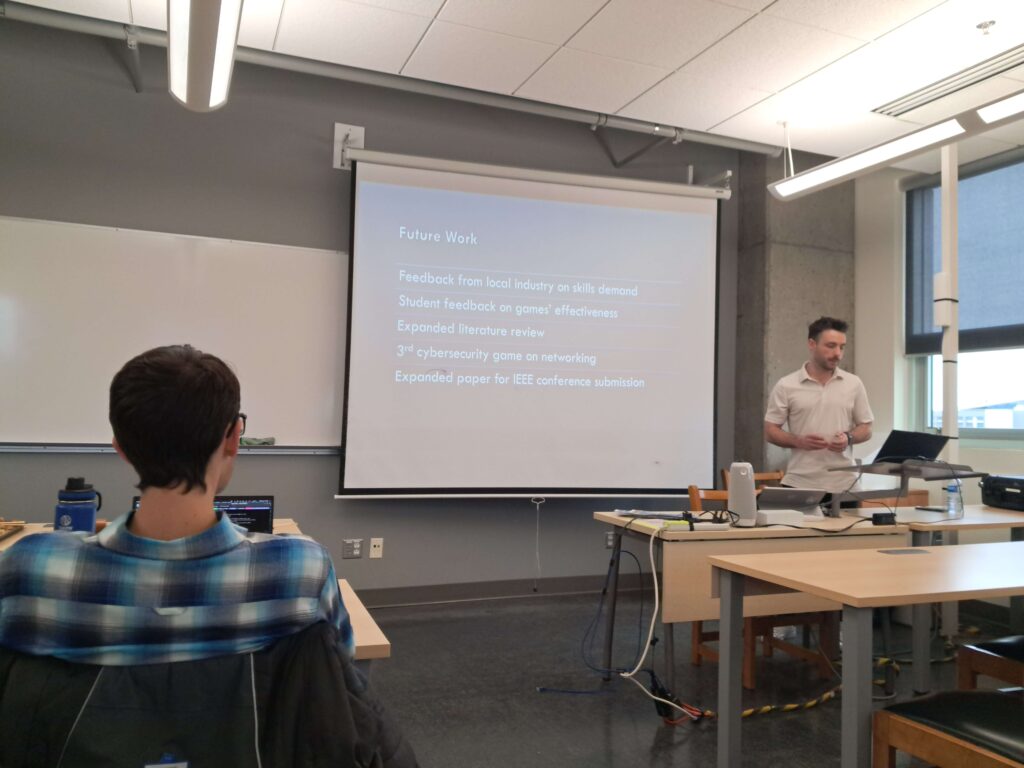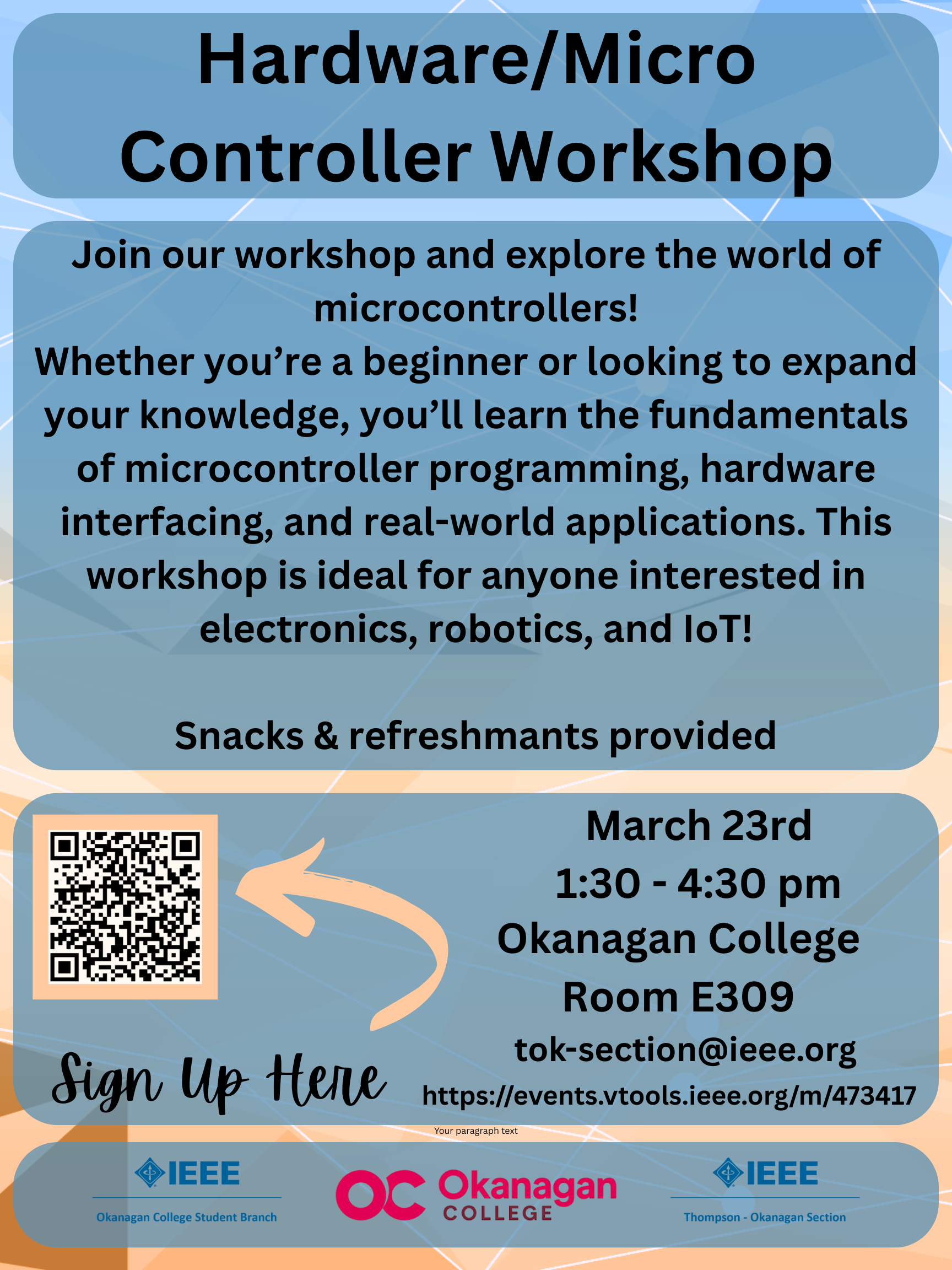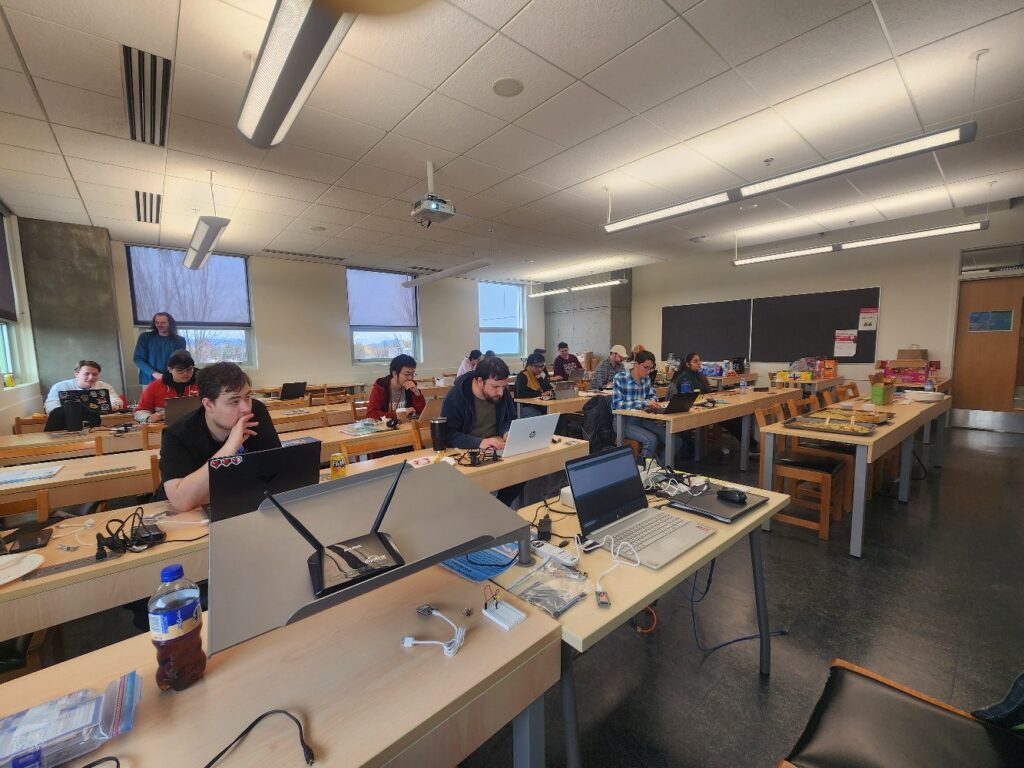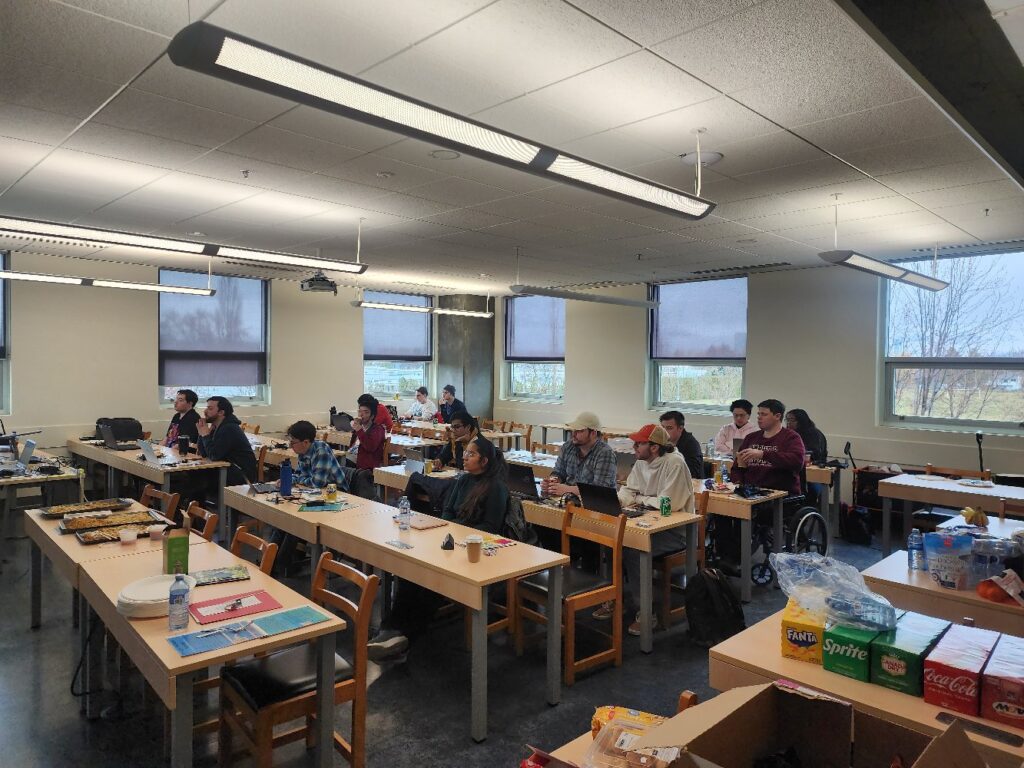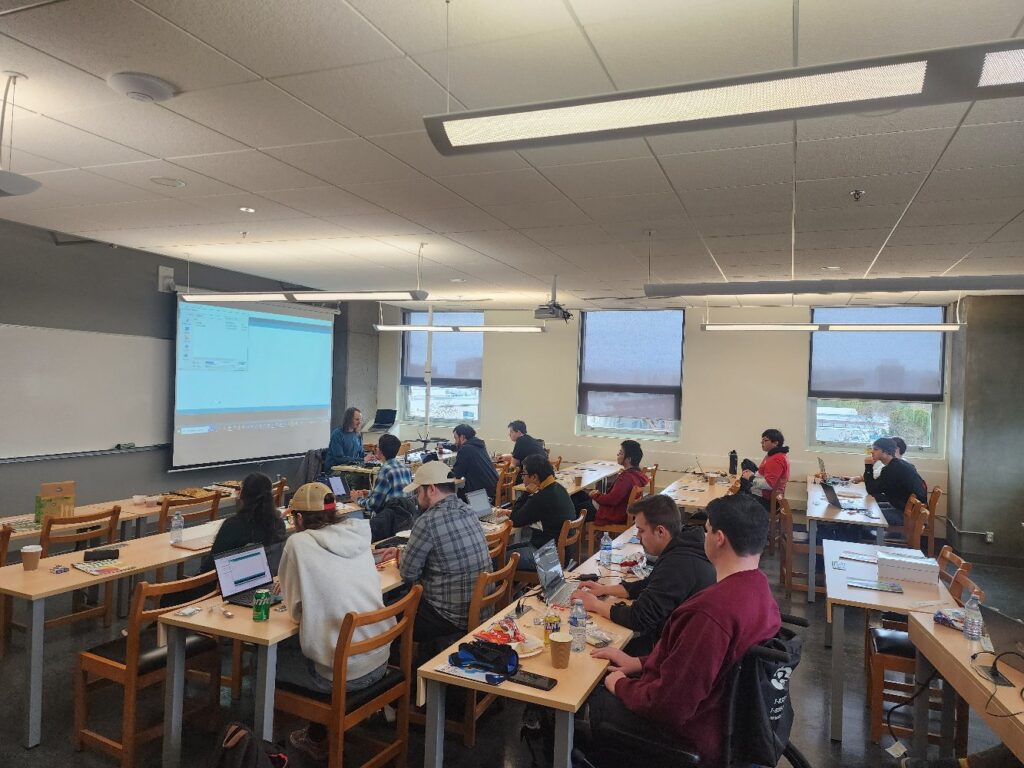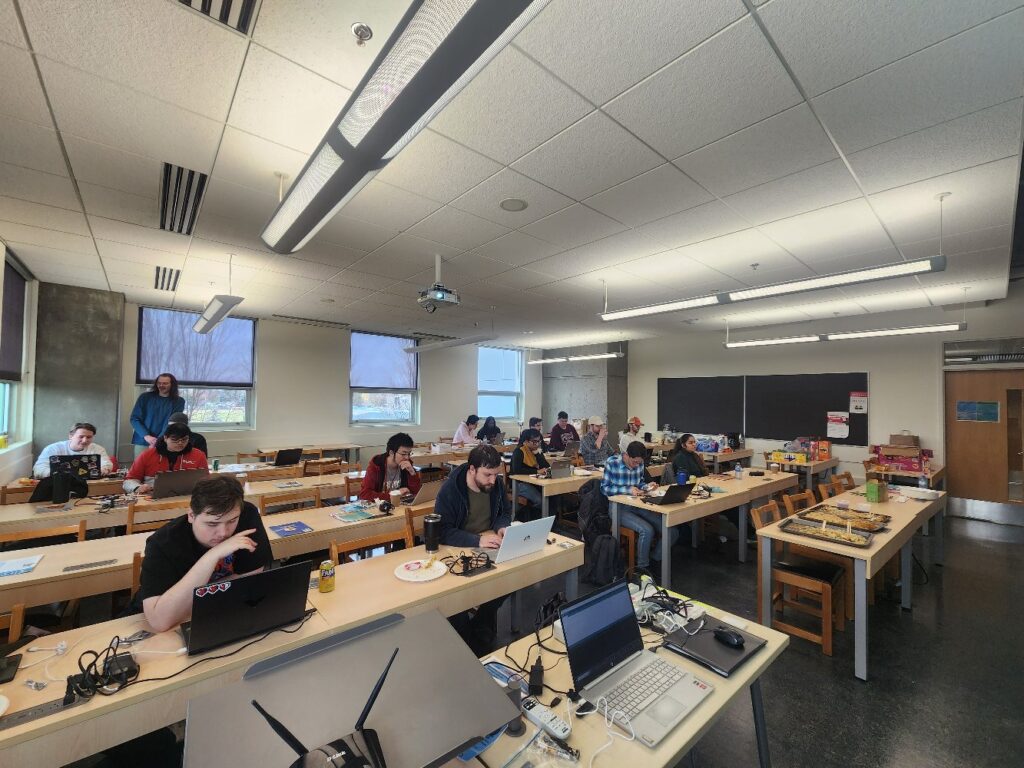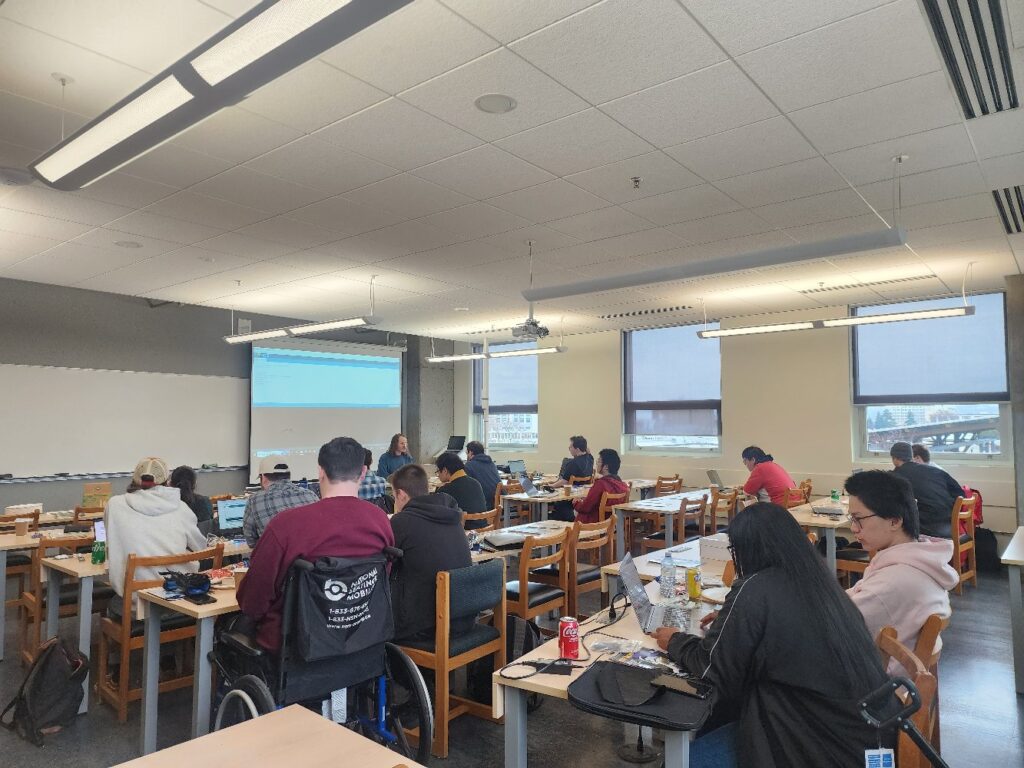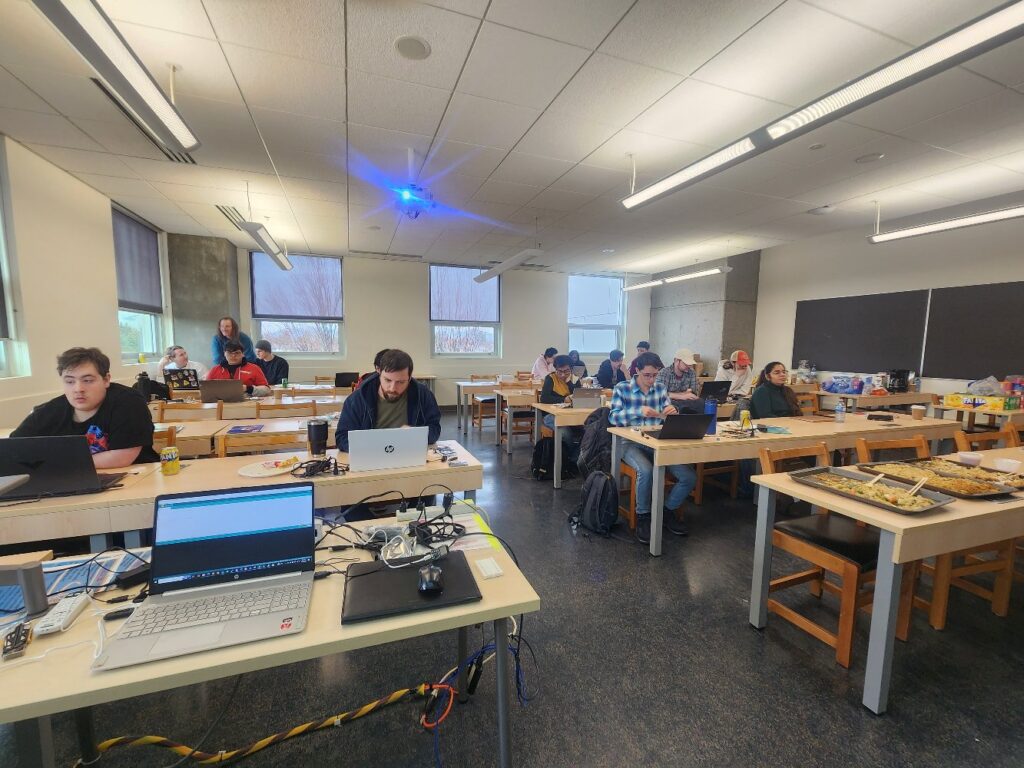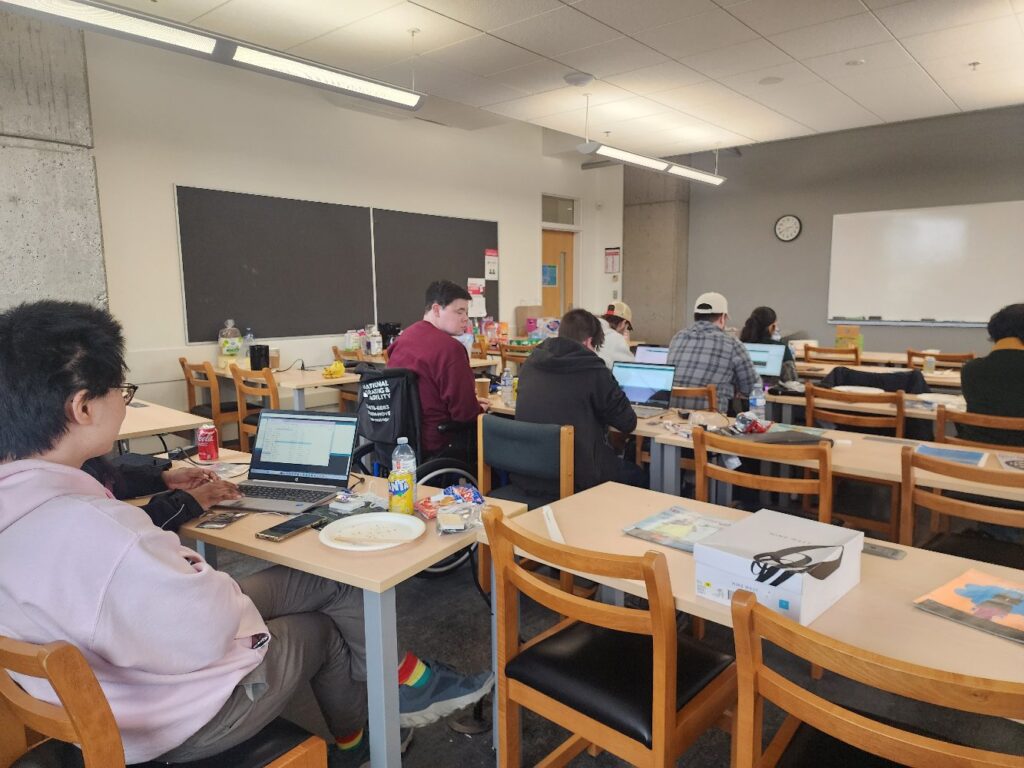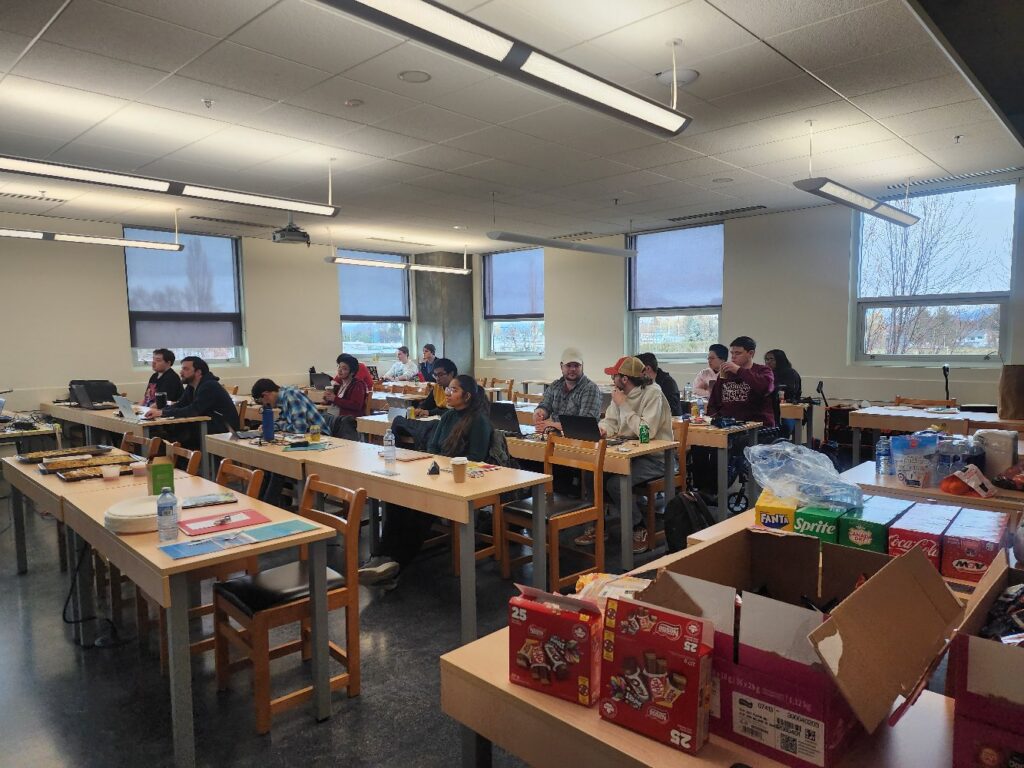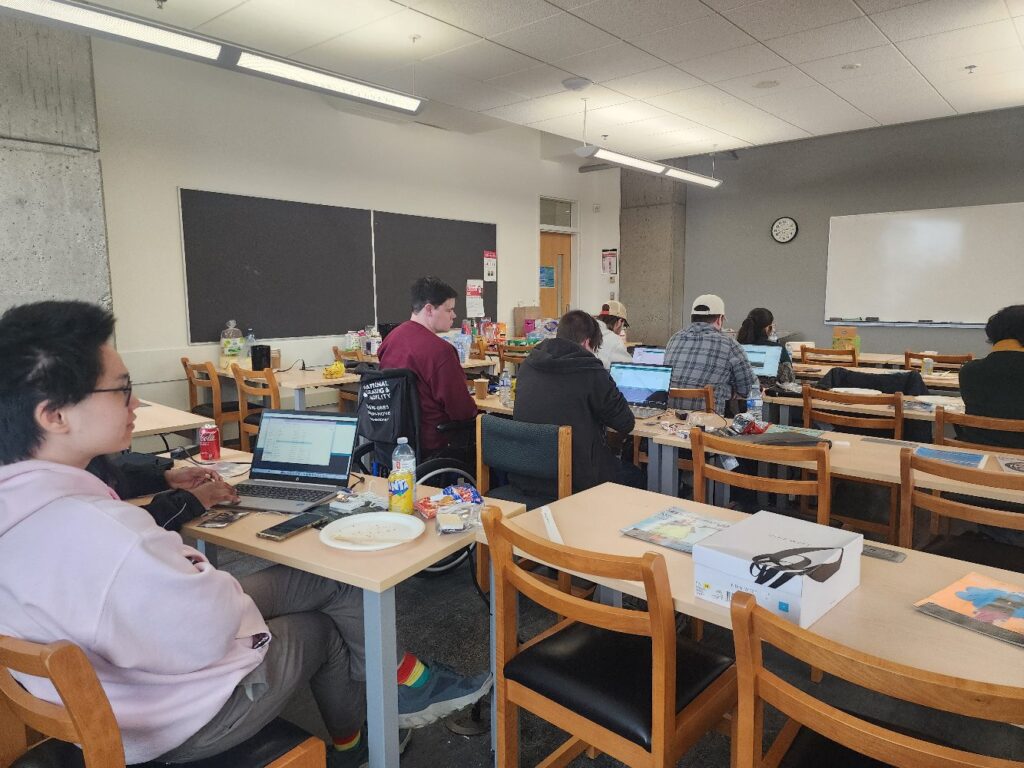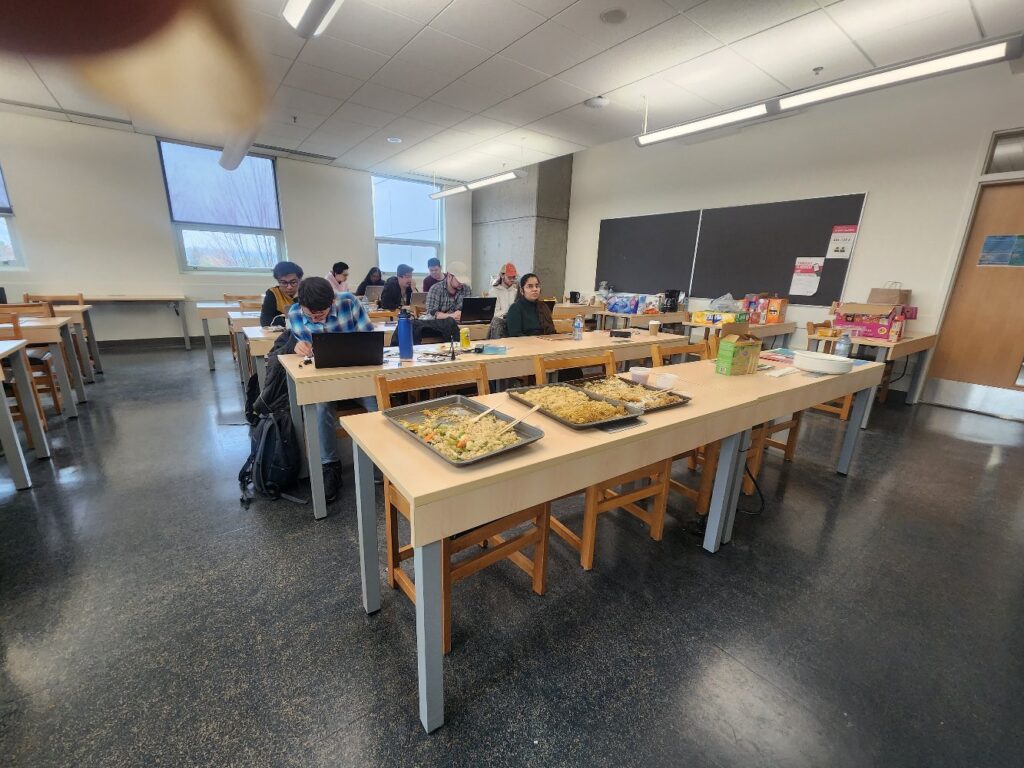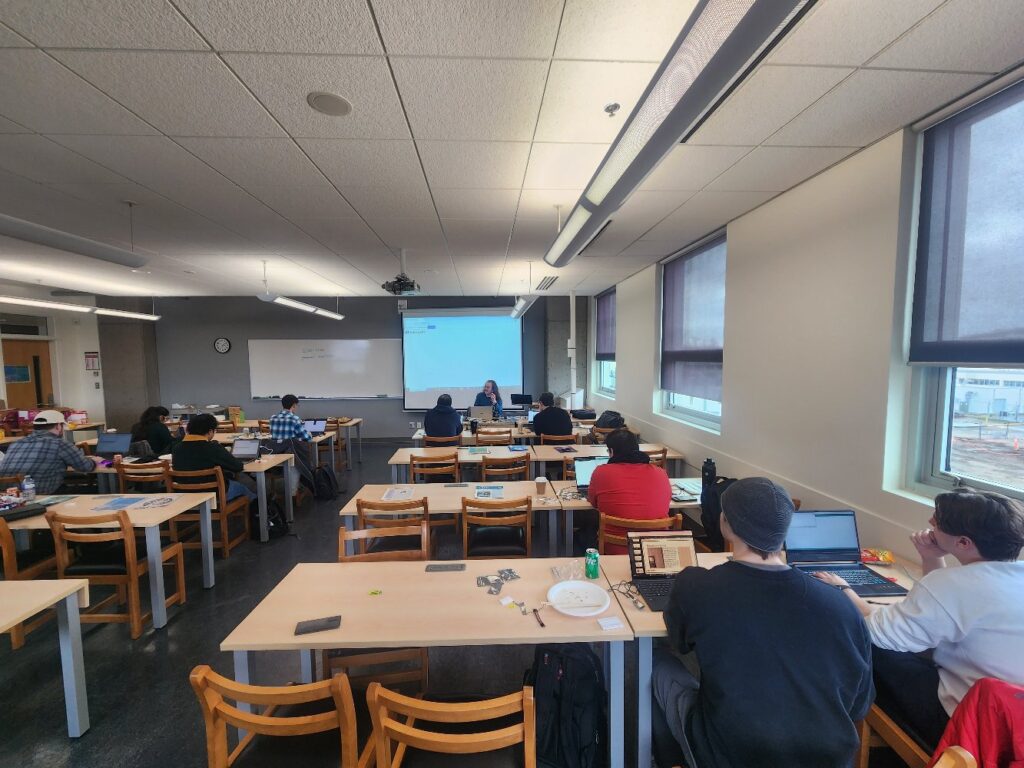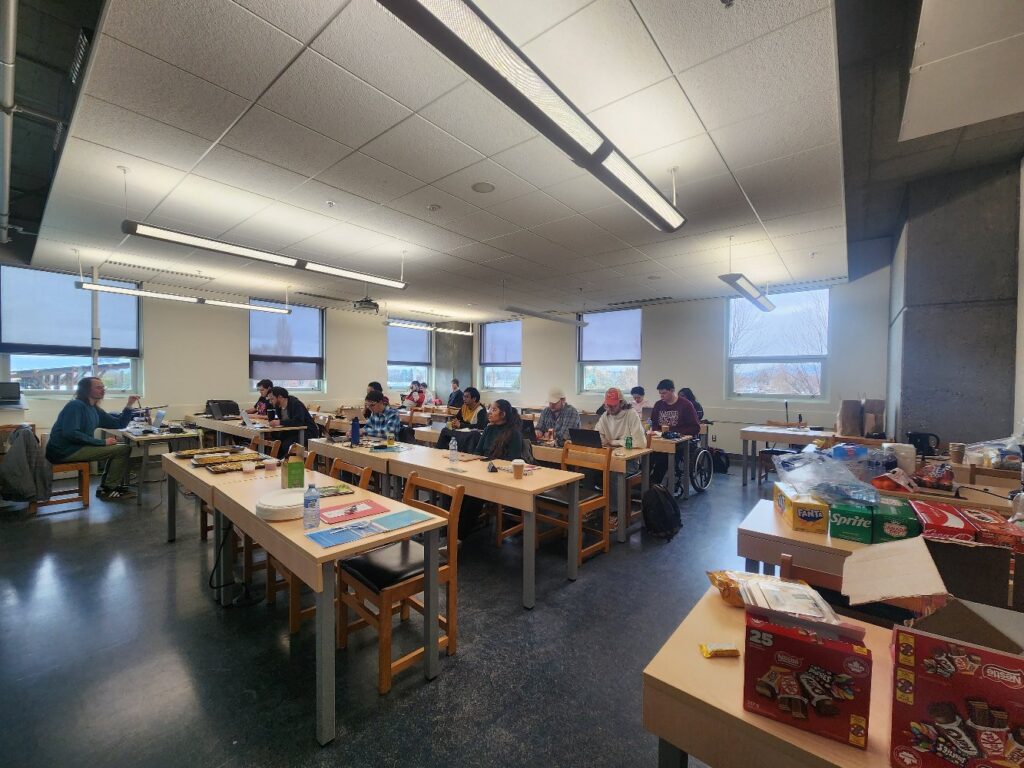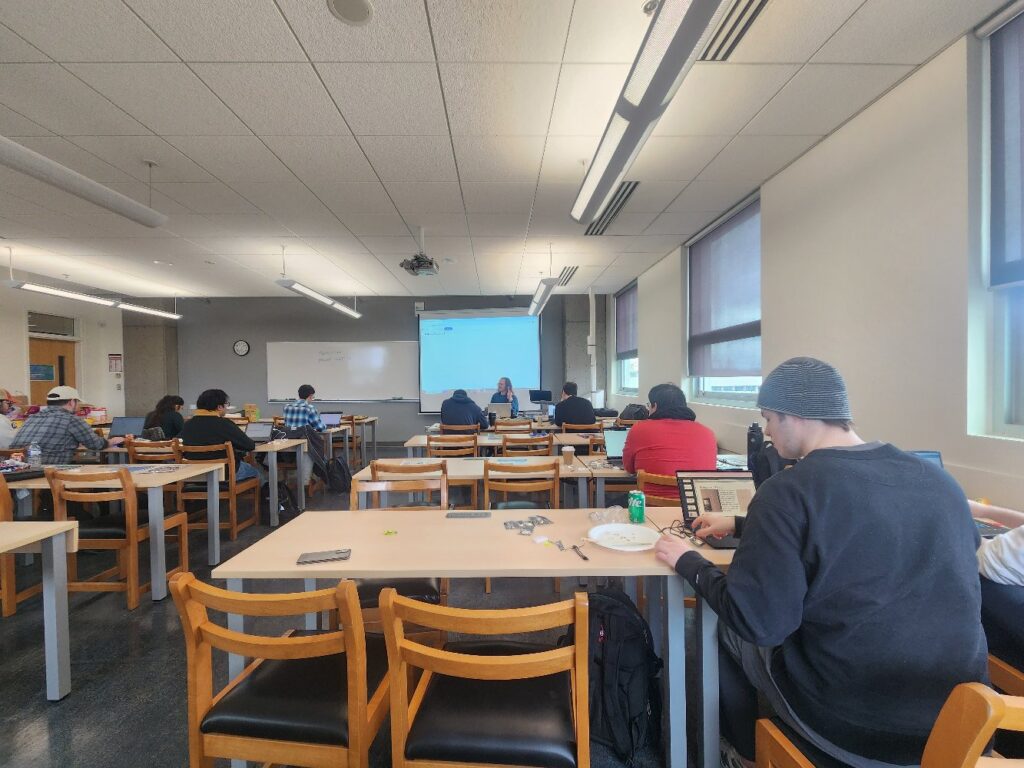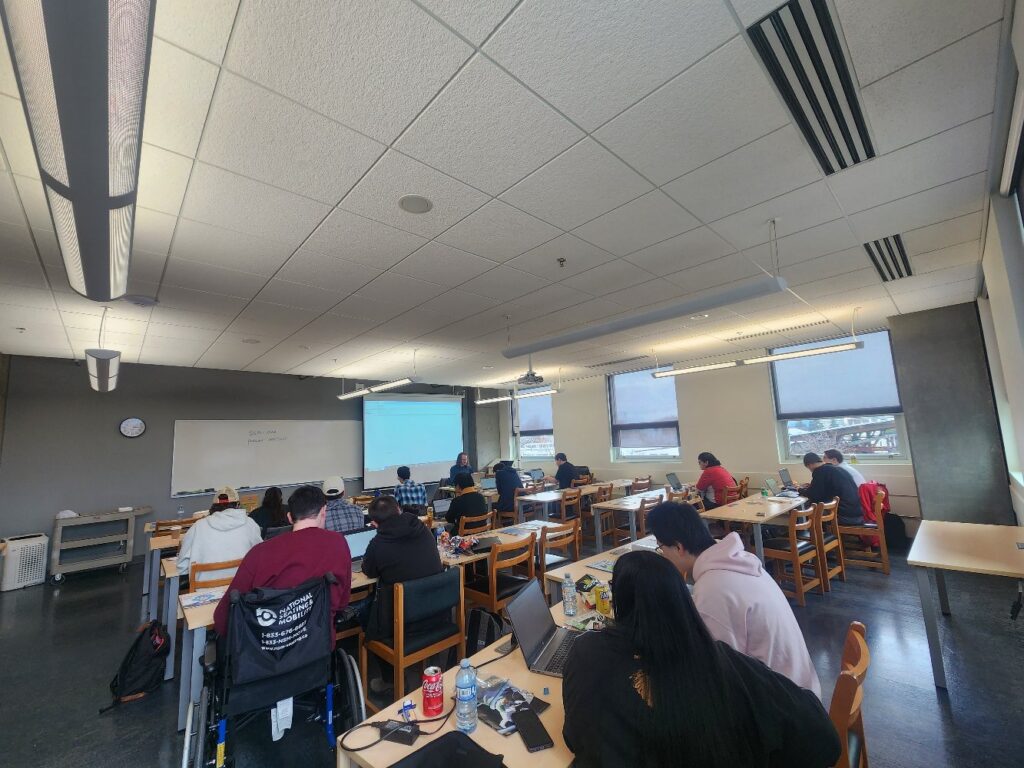Join Us for the IEEE Thompson Okanagan Section Elevation Celebration & AGM
We are pleased to invite you to the Okanagan Subsection Elevation Celebration and the First Thompson Okanagan Section Annual General Meeting. This event marks an important milestone for our IEEE community, and we look forward to celebrating with you.
Date: Saturday, March 22, 2025
Time: 11:00 AM – 1:00 PM
Location: A146 – A Building (with S Building), Okanagan College
Register here: https://events.vtools.ieee.org/m/467550.
We are delighted to present the Digital Research Alliance of Canada: Digital Resource Infrastructure and Cybersecurity Workshop before the celebration, starting at 11 AM.
DRI Workshop Agenda:
11:00 am – 11:10 am | Opening Remarks (IEEE Section Chair, Dr. Youry Khmelevsky, and Okanagan Student Branch Chair Kristina Cormier)
11:10 am – 11:50 am | Introduction to DRI
11:50 am – 12:05 pm | Coffee Break
12:05 pm – 12:20 pm | Research Project Presentation (Kristina Cormier)
12:20 pm – 12:50 pm | Demonstration of DRI Services
12:50 pm – 1:00 pm | Discussion and Final Thoughts
Date: Saturday, March 22, 2025
Time: 1:00 PM – 5:00 PM
Location: S104 – S Building Theatre, Okanagan College
Section Celebration Agenda:
1:00 pm – 1:45 pm – Welcome Lunch, Celebration Opening (Section Chair, Dr. Youry Khmelevsky, and TOK Student Branches, Matthew Wilder, IEEE Area West Chair opening address)
1:45 pm – 2:15 pm – Intro & IEEE President Dr. Tom Murad Welcome
2:15 pm – 2:45 pm – Benefits of IEEE: Usman Munawar & Kristina Cormier
2:45 pm – 3:15 pm – Coffee & Social
3:15 pm – 4:00 pm – AGM
4:00 pm – 4:45 pm – Round Table, Celebration Closing
5:00 pm – 9:00 pm — 2025 Okanagan Innovation and Technology Expo at KF Aerospace Centre for Excellence
This is an excellent opportunity to connect with IEEE members, learn more about IEEE benefits, and participate in discussions about the section’s future.

Bios:
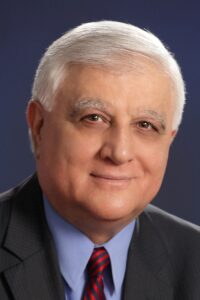
Dr. Tom Murad, The IEEE Canada President & Director IEEE – R7.
A member of the Engineering Order of Honour – Professional Engineers Ontario “PEO”, is a respected Technology leader, Innovator, thinker, Board Member, award-winning Educator, and distinguished speaker & advocate of innovation and creativity, specifically in the Areas of:
Engineering & Technology, Mechatronics, Digitalization, Smart Infrastructure, Industry – 4.0 & 5.0, Leadership, and technical education & Talents/skills development.
He Joined Siemens in Canada (2010 – 2023). His latest role was the “Country Lead (V.P.) of Engineering, Technical Excellence & Academics”, as well as being the founder & Director of the Awards winning “Siemens Canada Engineering and Technology Academy (SCETA)”, and the Siemens Mechatronics Systems Certification Program (2014 – 2020).
Prior to that, he held different Executive Management & C – Level roles with an extensive career in Professional Engineering, Innovative Technical Operations and including Academia and R&D work.
He is now Adjunct Professor at the College of Engineering & Physical Sciences – University of Guelph, “CTO” of Innoventus Engineering Inc., and a member of various Boards of Directors in Industry and Academia.
Dr. Murad holds a Bachelor of Engineering (Electrical & Electronics) and a Doctorate (Ph.D.) in Power Electronics and Industrial Controls from Loughborough University of Technology in the UK, with a Leadership Program Certificate from Schulich Business School, York University in Ontario, Canada.
Dr. Murad is:
IEEE Canada – President & Chair of the Board of Directors.
IEEE – Region 7 (CANADA) Director / Delegate (Global).
Board of Director – Ontario’s Government’s Post Secondary Education Quality Board “PEQAB”.
Board (Council) member – Engineering Institutes of Canada “EIC”.
Fellow of Engineers Canada “F.E.C”.
Fellow of Engineering Institutes of Canada “EIC”.
Awardee of IEEE Canada’s 2019 J.M. Ham Outstanding Engineering Educator Award.
Member of the PEO Licensing “Engineering Experience Review”- ERC Committee (since 2003).
Advisory Board Member – School of Mechatronic Systems Engineering at Simon Fraser University “SFU”.
Licensed Professional Engineer “P.Eng.” in Ontario (PEO & OSPE); Alberta (APEGA) & N.W.T. (NAPEG).
Chair – IEEE Toronto Section (2016-2017).
Ex-Vice Chair & Member of Board of Directors – Ontario Soc. Of Professional Engineers “OSPE”.
Ex-Member of Board of Directors – Canadian – German Centre for Innovation and Research.
Ex-Member – Board of Directors – Green Centre Canada.
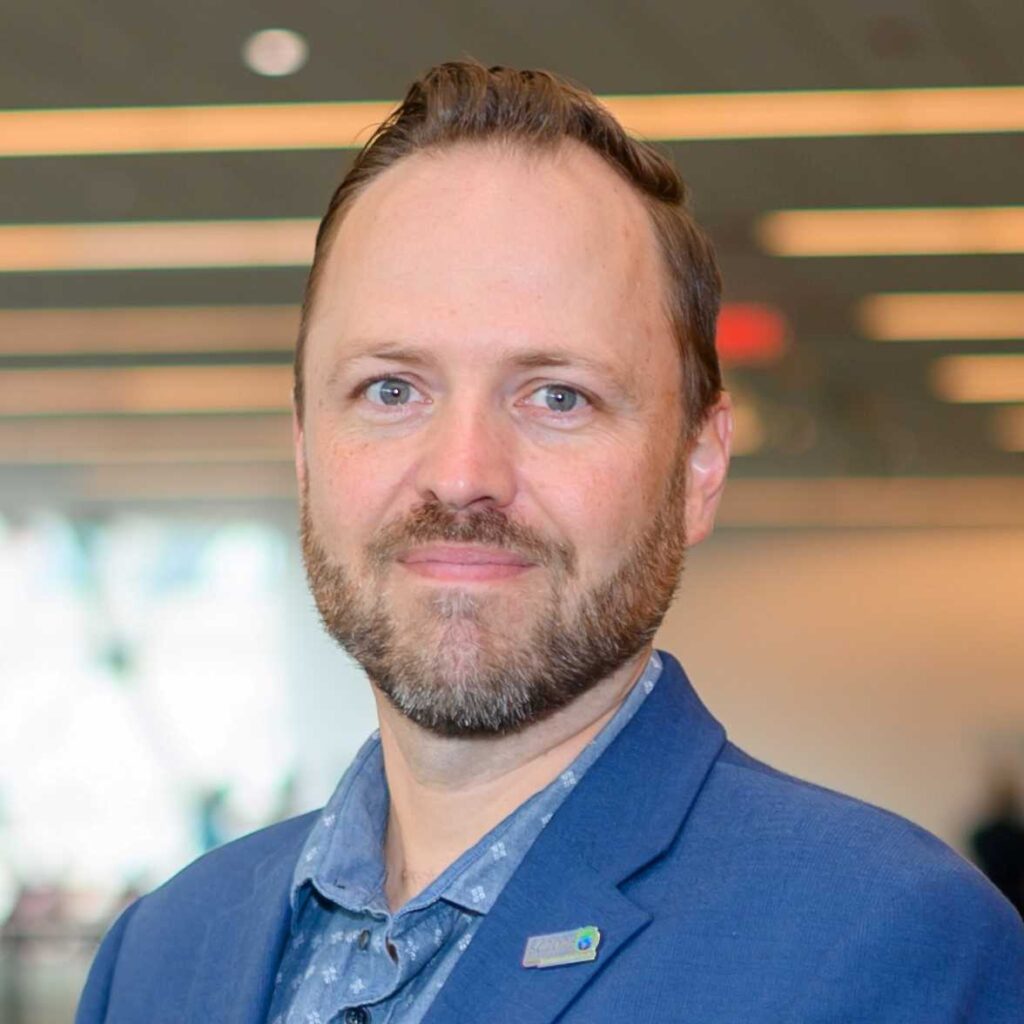
Matthew Wilder’s Abstract:
Greetings from the Vancouver Section & welcome to the West Area of IEEE Canada
Presentation of Vancouver Section scholarship award
Matthew Wilder’s Bio:
Matthew Wilder is a Senior Engineer with TELUS Communications, a leading ISP and technology company headquartered in Vancouver, Canada. At TELUS, Matthew is responsible for IP Address Management and IPv6 strategy. Matthew serves the Institute of Electrical and Electronics Engineers (IEEE) as the West Area Chair of IEEE Canada. He also serves the Vancouver Section as Chair of the Conference Committee and has previously served as Chair of the Vancouver Section in 2022. Matthew also volunteers with the American Registry for Internet Numbers (ARIN) as the Advisory Council’s Vice Chair. He has written articles for IEEE Canadian Review and blogs for ARIN, ISOC, and other industry publications. Matthew holds a Bachelor of Applied Sciences from the University of British Columbia and a Master of Business Administration from the University of Victoria.
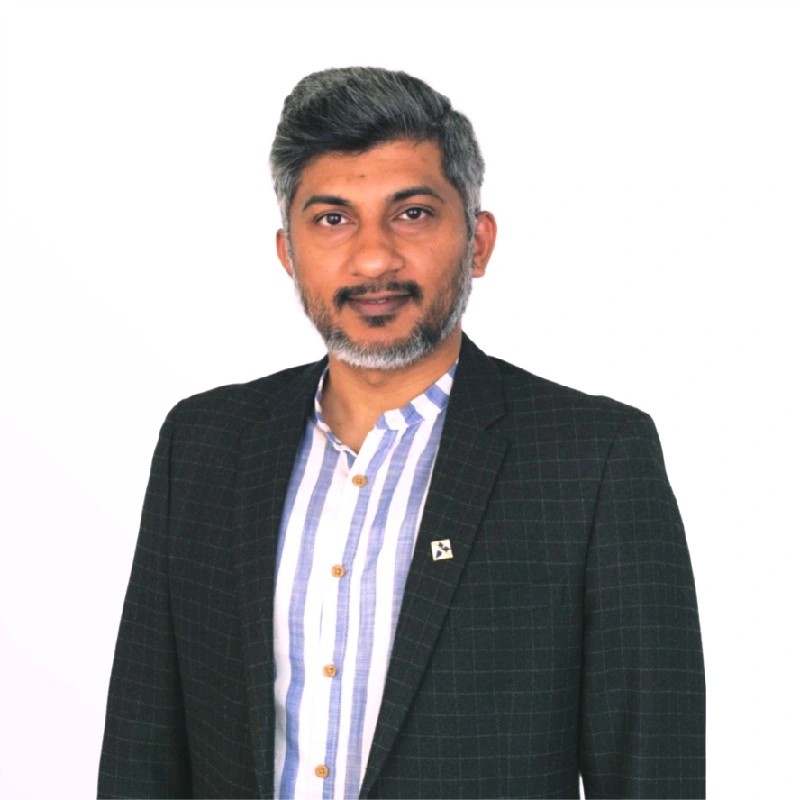
Usman Munawar’s Bio:
Mr. Usman Munawar is an accomplished IEEE Senior Member & HKN with over 12 years of experience bridging industry and academia. A seasoned electrical engineer and researcher, he has made significant contributions to the field, authoring 17 publications in esteemed journals, transactions, and conferences. His extensive expertise includes overseeing 125+ engineering design projects, addressing 25+ data science challenges, integrating 50+ industrial systems, and coding over 300 algorithms—from small-scale solutions to large, complex systems.
Mr. Munawar earned his M.A.Sc. in Electronic Systems Engineering from the University of Regina, Canada, where he was named to the Dean’s Honor List. He was also awarded the prestigious IEEE PES Outstanding Student Scholarship (2020). His academic journey includes completing Stanford University’s Technology Entrepreneurship program (2012), participating in Oxford and Cambridge’s Smart Village program (2017), and visiting the MIT Media Lab as an IEEE Delegate (2022).
Currently, Mr. Munawar serves as Project Manager at Powertech Labs Inc. (a subsidiary of BC Hydro), where he leads critical initiatives in Distributed Energy Resources (DERs) and founded the Future Energy Integration Lab. His expertise spans Smart Grid technologies, energy disaggregation, predictive maintenance, optimization, machine learning, deep learning, data mining, forecasting, and smart infrastructure solutions, with applications in Smart Cities and Smart Villages.
Previously, he worked as a Design and Development Engineer at Greenwave Innovations Inc. (2021–2023), where his contributions led to three international/national product awards. In 2017, he launched a successful renewable energy startup, completing 50 projects in just six months. Prior to 2019, he held academic roles, securing funding from major agencies such as USAID, UNESCO, and GIZ for impactful projects, including the deployment of solar-powered lighting in 133 sports facilities.
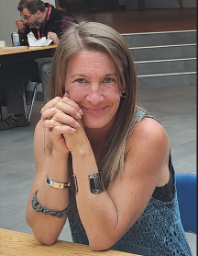
Kristina Cormier’s Bio:
Kristina Cormier is a fourth-year Computer Science student at Okanagan College. She has always been curious about science and technology. Recently, she has discovered a passion for data analysis and machine learning algorithms. Kristina is the Chair of the Okanagan College IEEE Student Branch. She coordinates with her team to help organize events and volunteering. Kristina truly enjoys mentoring, meeting new people and discovering new opportunities.
During AGM:
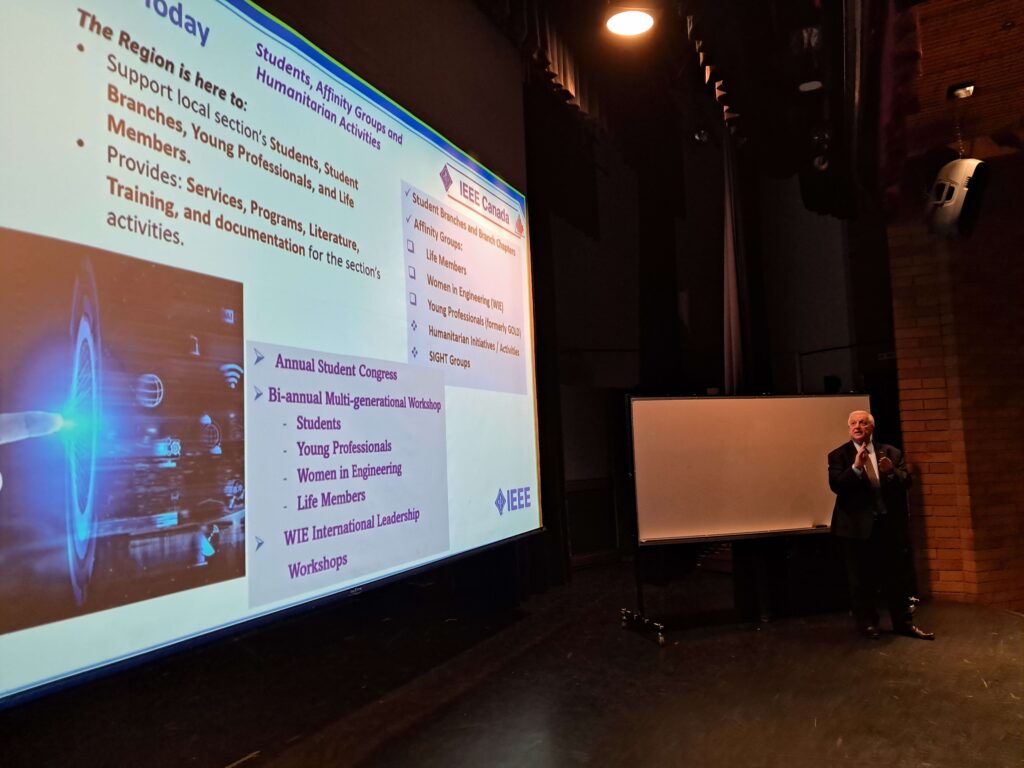
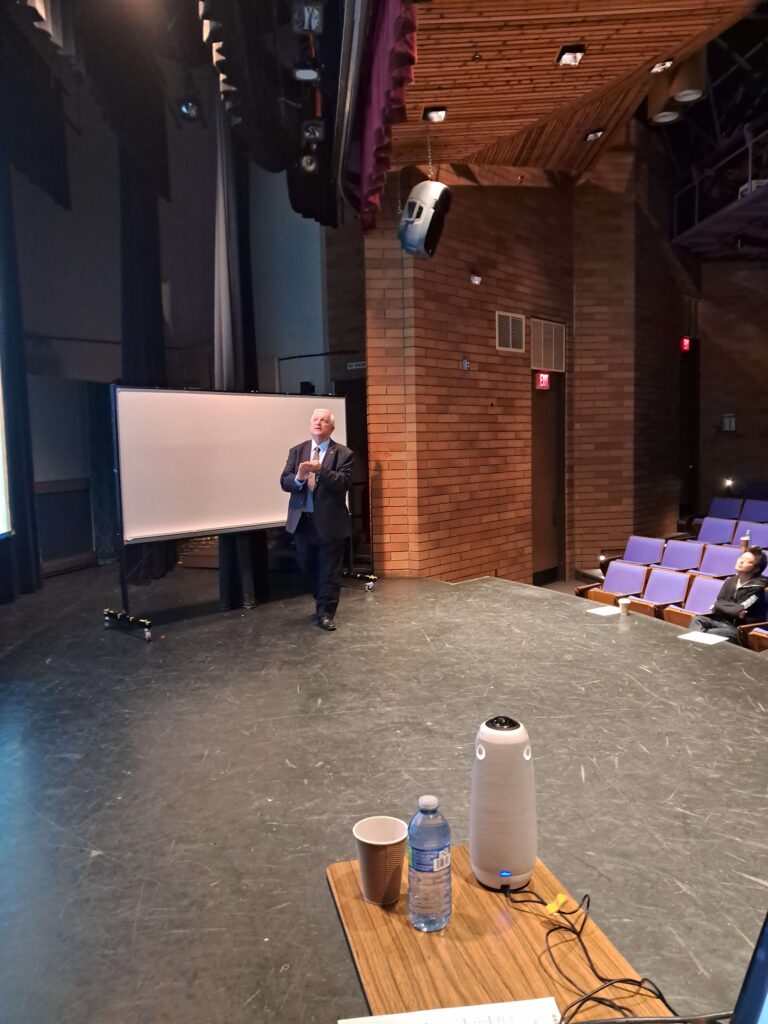
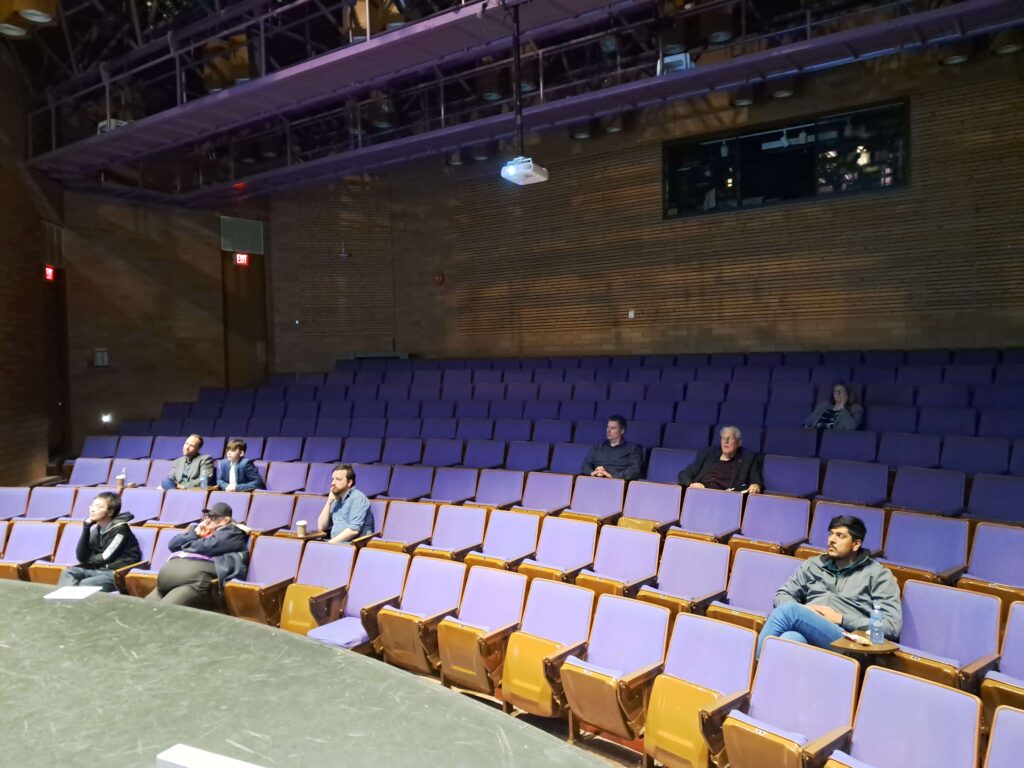

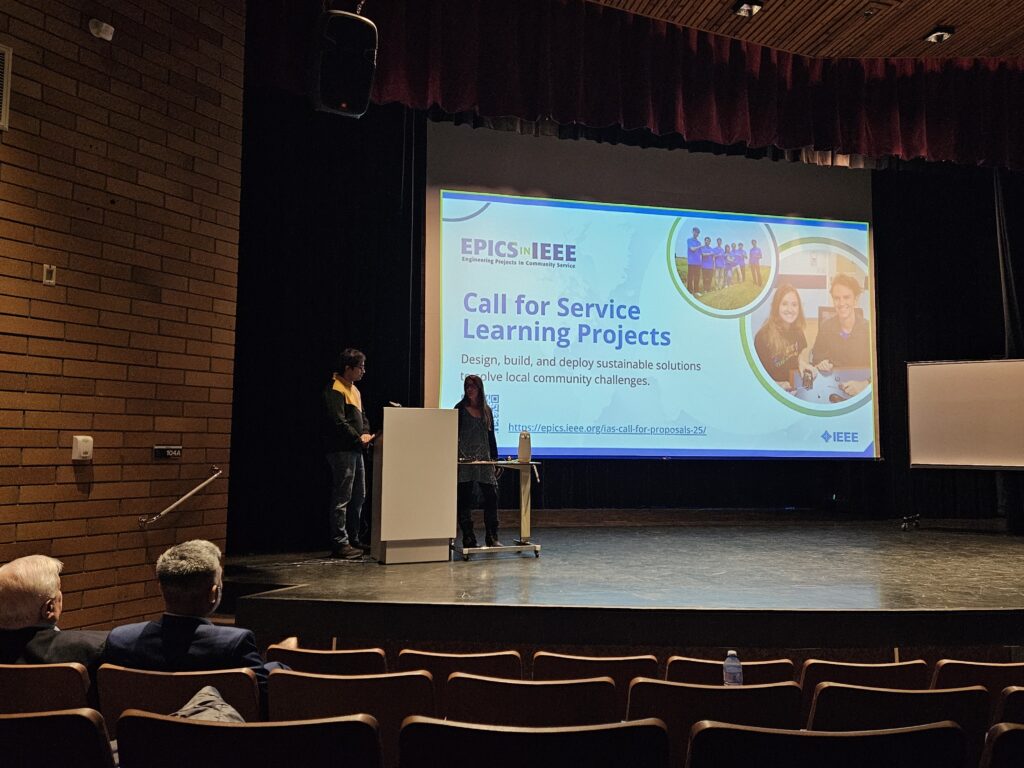
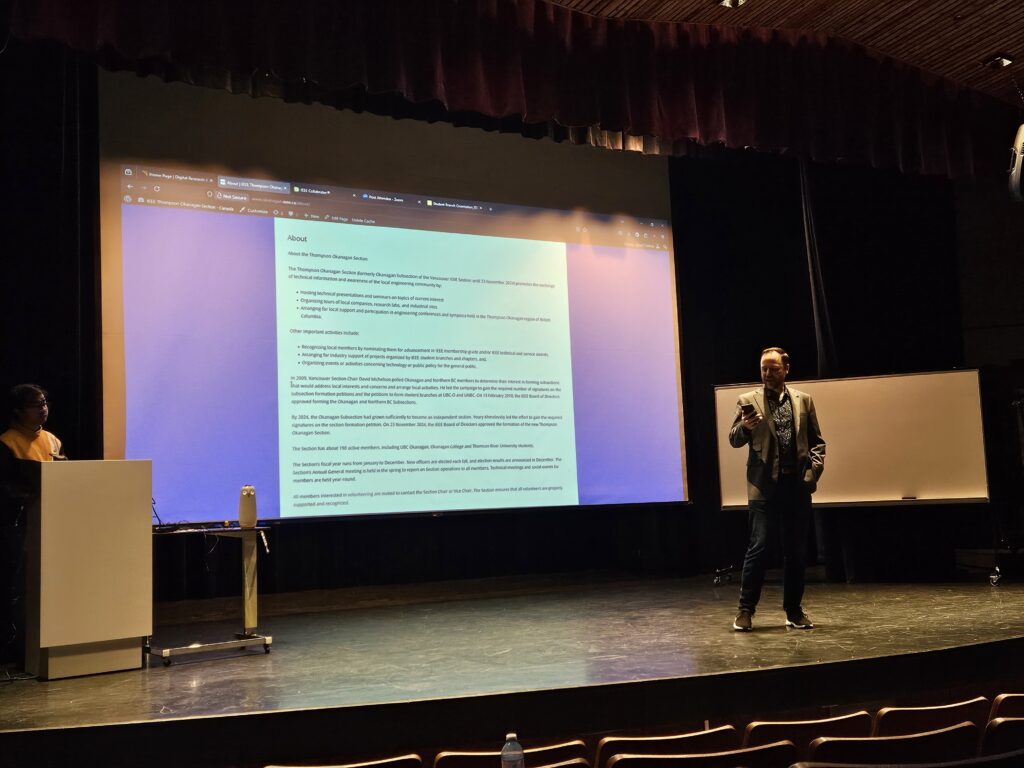
For further information, please get in touch with us
Youry Khmelevsky (email: tok-section [at] ieee.org) and
subscribe to the news at okanagan@listserv.ieee.org







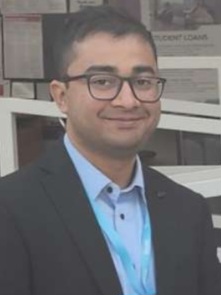 Ajitesh Parihar, Computer Science Department
Ajitesh Parihar, Computer Science Department
